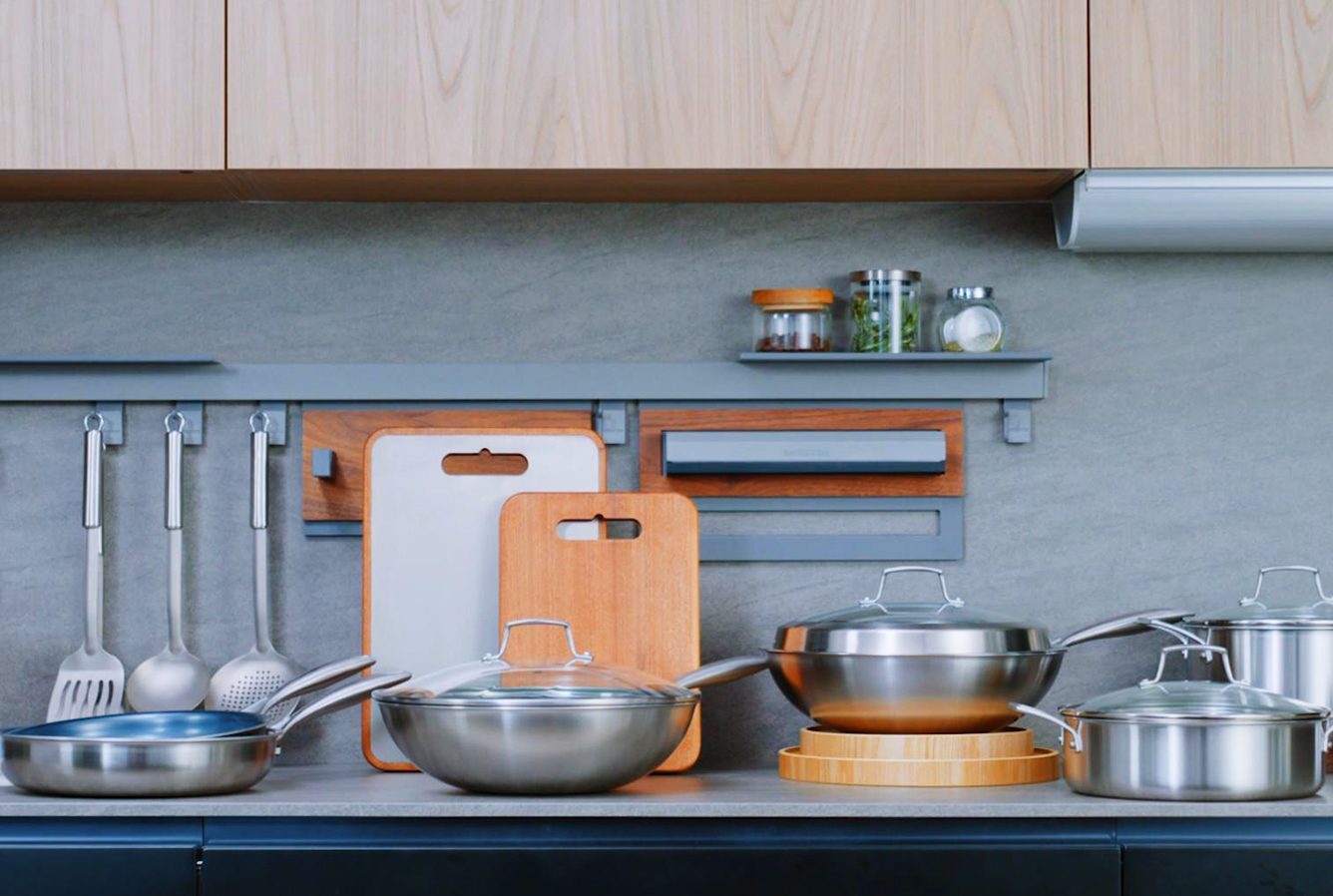
What to consider when choosing cooking pots and pans?
You've just come back from the store or farmer's market with a ton of fresh, delicious, organic produce. You expect a hot, comfortable, delicious, wholesome meal. When everything is chopped and ready, you can start cooking. But wait! Do you use healthy cookware? Or, could a wok or stockpot leach toxic chemicals into the meal you're about to eat and the air you breathe?
Today, you can choose from a huge range of cookware: stainless steel, cast iron, ceramics, copper, aluminum, clay, and many surfaces marketed as non-stick surfaces. Some of them are good, while others can be bad for your health and bad for the planet.
What to consider when choosing non-toxic health cookware
To determine which health cookware is best for you, you need to consider the chemicals used in the cookware. You'll also need to determine the durability of the cookware, your personal cooking needs and, of course, the price. Ultimately, you need to weigh the pros and cons of each cookware type and determine which one is best for your lifestyle. Let's take a closer look at these considerations.
Chemicals in cookware
The chemicals used in the cookware itself don't just stay in the pots and pans. They can actually seep into the food you cook and be released into the air when the cooker heats up. Which chemicals are the most leached and harmful? It depends on what the main ingredients of the cookware are, but many brands of non-stick cookware are among the most serious ingredients.
Durability of pots and pans
How long will the cookware actually last? No one likes having to "throw away" (i.e. throw in the landfill) a perfectly good pan after a year or two of use. We all want to make smart purchases that will last a long time. Service life is often determined by the maintenance needed to keep cookware in top condition. It also depends on how easily the material can be scratched or damaged. Typically, cast iron and high-quality stainless steel cookware can last for decades, while most non-stick pans and pans wear out every few years.
Your cooking needs
Do you prefer sauteing, boiling, steaming or baking? Do you need non-stick cooking pots for your food preparation? Do you cook only occasionally and only need to invest in a few higher quality parts instead of the whole set? In addition, buying multi-purpose pots and pans can minimize waste and save kitchen space.
Price
Cookware is often one of the things in life that you get what you pay for. In the long run, you're better off with a durable pan that can withstand heat, cold, bumps, and frequent use without degrading. But if you can't afford the top brands, don't worry. There are plenty of intermediate options that are reasonably priced, relatively safe and can last a long time.
There are thousands of healthy and not-so-healthy cookware to choose from. Here are the pros and cons of some of the most popular methods, starting with what you might want to avoid, which are moderately secure, and which are the most secure.
Biocompatible titanium cookware safety benefits
Titanium is commonly used to make sterile surgical instruments because it is considered a "biocompatible" metal, meaning it does not react badly with the human body. Cookware made with titanium is lighter, durable, does not leach into food, and is often less expensive than many other options. In addition, it also has strong anti-rust and anti-scratch capabilities. When exposed to air and water, the metal reacts with the oxygen it comes into contact with, forming a natural titanium dioxide shield around it. Pretty cool, huh?
However, one of the biggest disadvantages of titanium cookware is that it takes a while to warm up and conducts heat unevenly. Some manufacturers recognized this and made improvements, such as making pans coated with titanium on an aluminum core. Or, in some cases, cover them with a ceramic titanium mixture to improve durability and provide non-stick quality. However, not all titanium cookware is non-stick, especially if it is 100% titanium. In addition, certain titanium cookware can be used in induction stoves.
by NEOKAY on 23-07-14







